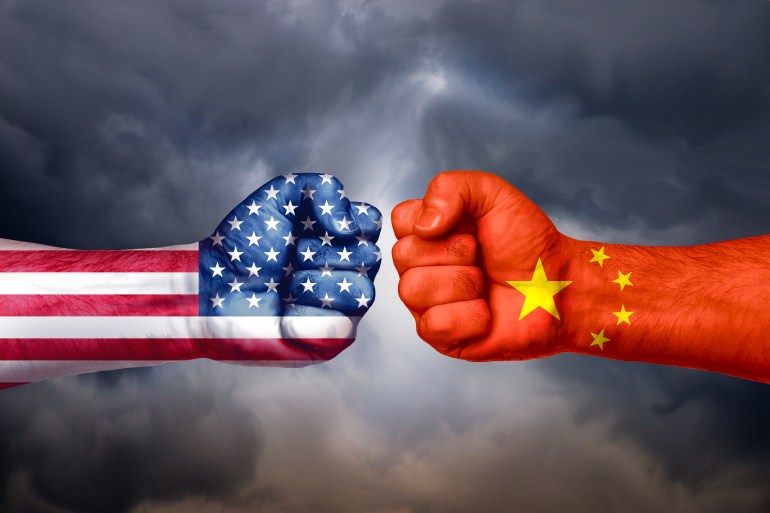Officials familiar with the matter told Reuters that the Trump administration is set to announce on Monday that it will tighten restrictions on Huawei. With the aim of clamping down on its access to commercially available chips.
The US Department of Commerce measures are supposed to expand the restrictions that were announced last May. With the aim of preventing the Chinese telecommunications giant from obtaining semiconductors without a special license, including chips made by foreign companies that have been developed or produced using US software or technology.
The sources said that the administration will also add 38 Huawei companies in 21 countries to the US government's economic blacklist, bringing the total number to 152 subsidiary companies, since Huawei was first added in May 2019.
"Huawei and its subsidiaries have worked through external parties to harness American technology in a way that undermines US national security and foreign policy interests," Commerce Minister Wilbur Ross said in a statement to Reuters, adding, "This multi-pronged measure demonstrates our continued impeding Huawei's ability to do so."
With relations between the United States and China deteriorating to their worst in decades, Washington is pushing governments around the world to put pressure on Huawei, under the pretext that it will hand over data to the Chinese government, and Huawei denies that it is spying for China.
The sources said the new measures, which should take effect immediately, should prevent Huawei's attempts to circumvent US export controls.
"The measures mean we are looking at ready-made designs that Huawei might seek to purchase from third-party design firms," a Commerce Ministry official told Reuters.
Another trade official indicated that the restrictions are aimed at ensuring that elements produced abroad are able to prevent Huawei from accessing the chips covered by the restrictions issued in last May, and are subject to the same American supervision.
"There is a new separate rule stipulating that all companies included in the economic blacklist will require a license when a company such as Huawei on the list operates as a buyer, intermediary sender, end sender, or end user," the sources said.
The additional 38 Huawei entities added to the blacklist include Huawei's cloud units in Beijing, Hong Kong, Paris, Berlin and Mexico.
The Ministry of Commerce adds separate addresses for 4 Huawei collection sites in the Entity List, so that no one unintentionally moves items to those sites.
The administration also confirmed that it will not extend the temporary public license that expired Friday to Huawei device users and telecom service providers, while the parties must now submit license applications for transactions previously approved by the temporary license.
The sources said the Ministry of Commerce will adopt a permanent limited mandate for Huawei entities to allow ongoing security research necessary to maintain the integrity and reliability of existing networks and equipment.

